From God of War to Ghost of Tsushima: How the best PlayStation exclusives learn from each other to achieve greatness
Why is PlayStation so good at making exclusives? It understands the value of collaboration
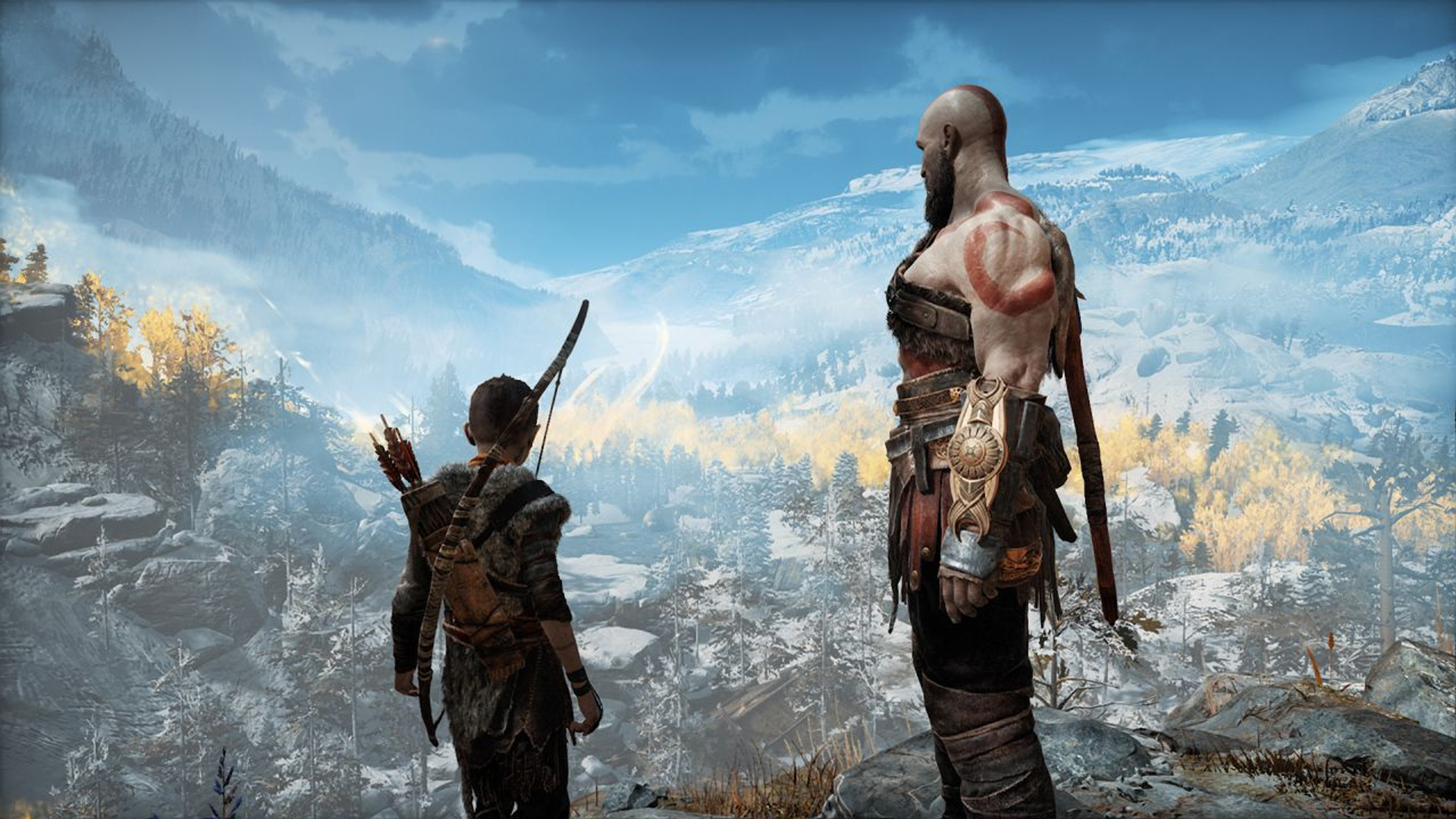
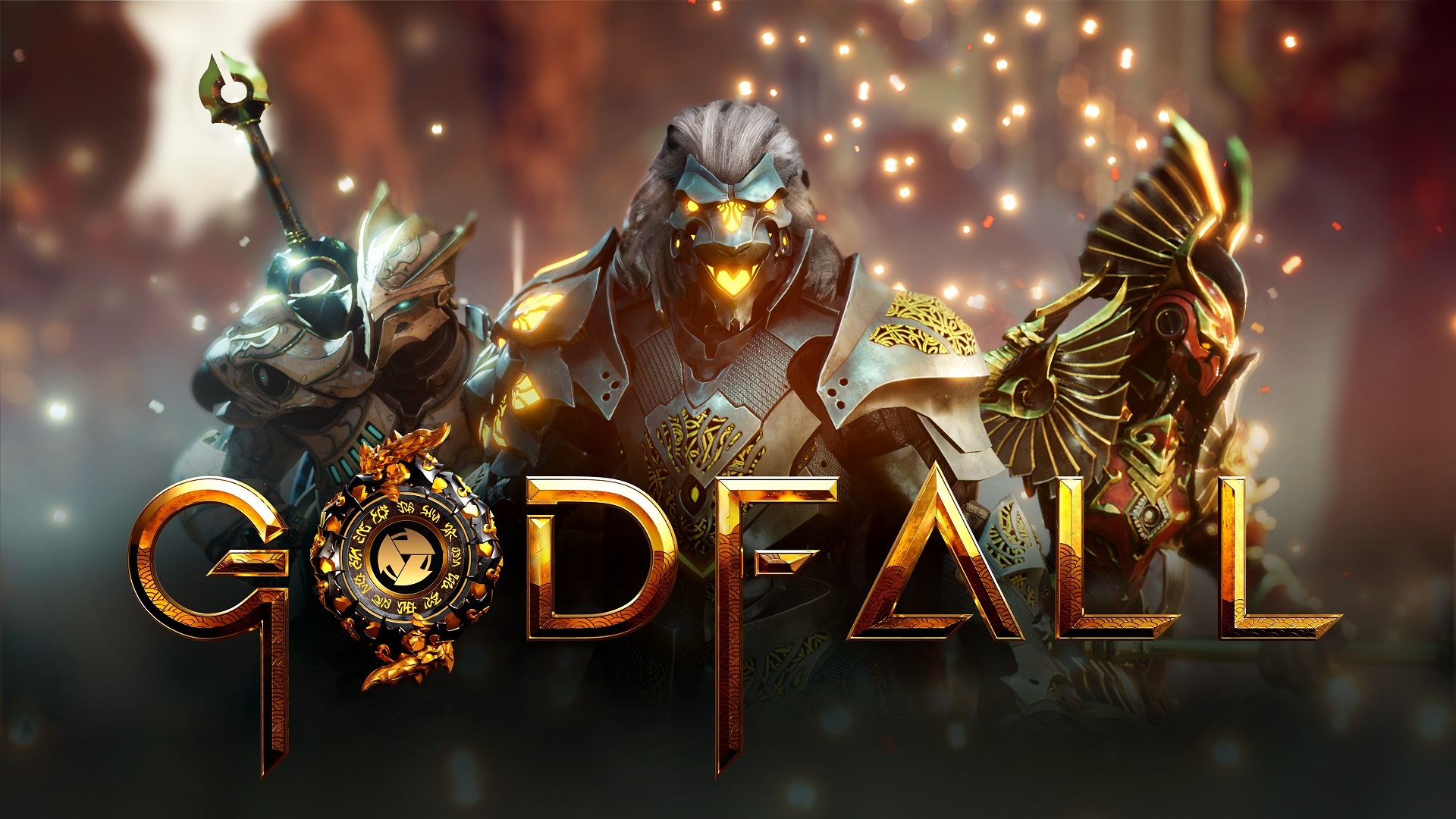
Forget PS5 and Xbox Series X, games are the most exciting part of 2020
When Sony acquired Insomniac Games last year, the online welcoming party from PlayStation's collective of in-house studios brought one particular word to the fore. Naughty Dog tweeted that it was "beyond excited to have Insomniac Games joining the PlayStation Worldwide Studios family". Guerrilla Games co-founder Hermen Hulst said that he "couldn't think of a better sibling to our PlayStation family", while Sony Santa Monica followed up shortly after with a loving sentiment of its own: "You've always been family."
My Twitter timeline looked like a live reading of the latest Fast & Furious script.
As disconcerting as it sounds for corporate entities to speak to each other like older siblings taking an adopted child under their wing, that familial atmosphere is exactly the kind of culture that PlayStation Worldwide Studios has been cultivating among its first-party studios for decades. I would also argue that it's one of the key reasons why PlayStation has given us some of the best console exclusives of the last ten plus years.

SIE Worldwide Studios, the umbrella body under which all PlayStation's first-party developers and external partners are managed, describes itself as "a global development hub, a diverse network of highly successful and passionate game development studios and, above all else, a home for outstanding creative talent."
It's easy to view first-party studios in isolation of each other, different developers that just so happen to be making games for the same platform, but those self-labelled descriptors ("hub", "network", "home") speak to the interdependent, acutely relational links between all of PlayStation's creators.
"We’re in a place now where all of our teams are trading technology and techniques and innovation across studios to get better and stronger," explained former chairman of SIE Worldwide Studios Shawn Layden in a 2019 interview with The Hollywood Reporter. "I think there’s only additive natures to [that]."
It runs in the family
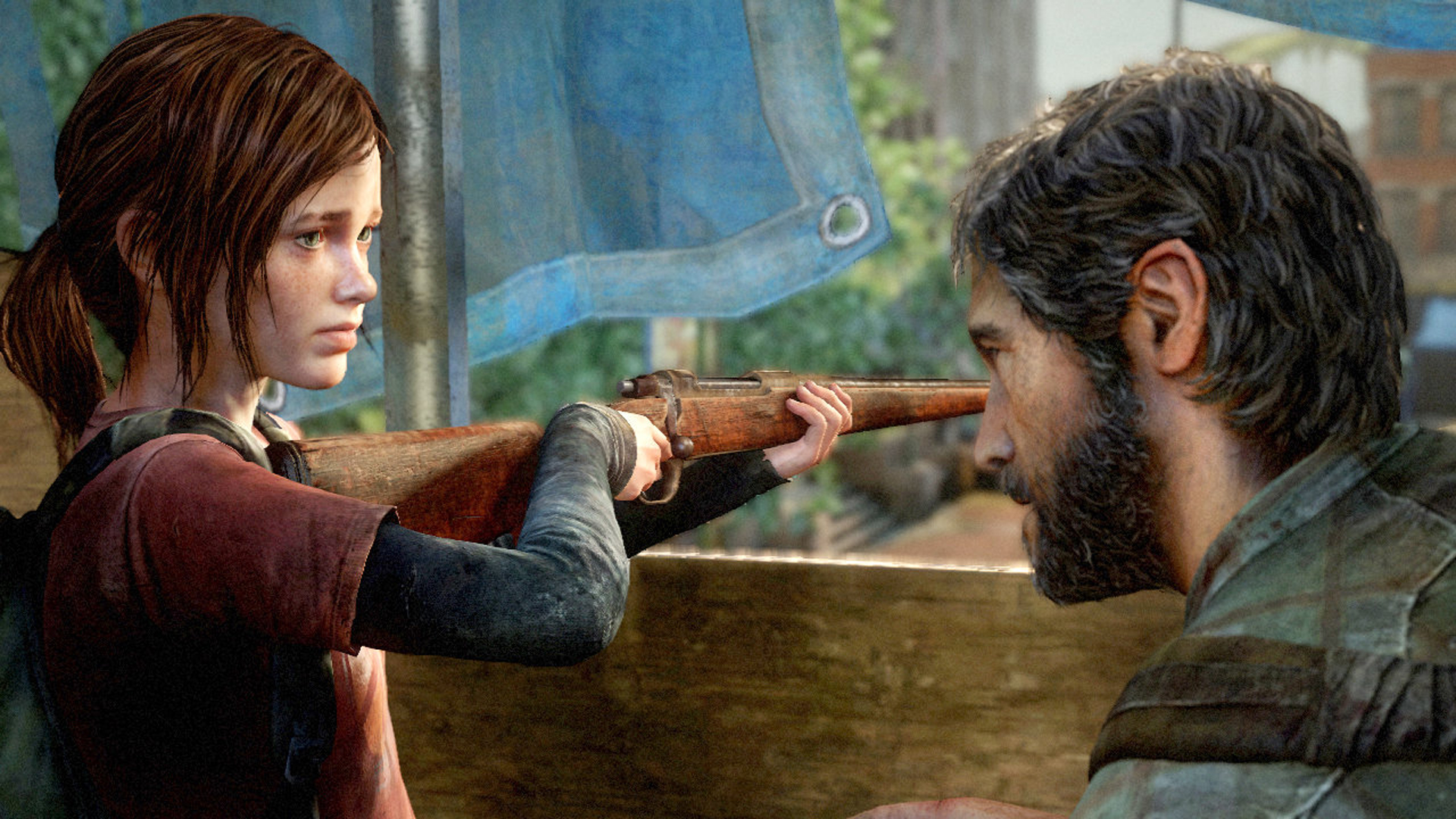
"It's easy to view first-party studios in isolation of each other, different developers that just so happen to be making games for the same platform."
To help Sony Santa Monica create a believable companion in Atreus for 2018's God of War, Naughty Dog engineer Max Dyckhoff visited the studio and talked to its lead design team about how The Last of Us developers turned their game's companion, Ellie, into someone the player genuinely cared about.
Sign up to the GamesRadar+ Newsletter
Weekly digests, tales from the communities you love, and more
"The thing that really stuck with me," explained Hayato Yoshidome, Sony Santa Monica's senior staff combat tech designer, in a recent episode of the Worlds Collide podcast. "Was [that Max] said he treated Ellie like his own child… that was the number one takeaway." The next day, Yoshidome put up a framed picture of Atreus on his work desk, as though Kratos' son were his own flesh and blood. The rest, as they say, is history.
This is just one example of the dissemination of ideas that stems from PlayStation's first-party structure. While Sony's marketing may have you believe that PlayStation is akin to a Nation, it's actually something closer to a regional federation, with each first-party studio representing a member state. The borders between them are deliberately open and diffuse, allowing ideas, resources, and people to move freely from one to the other.
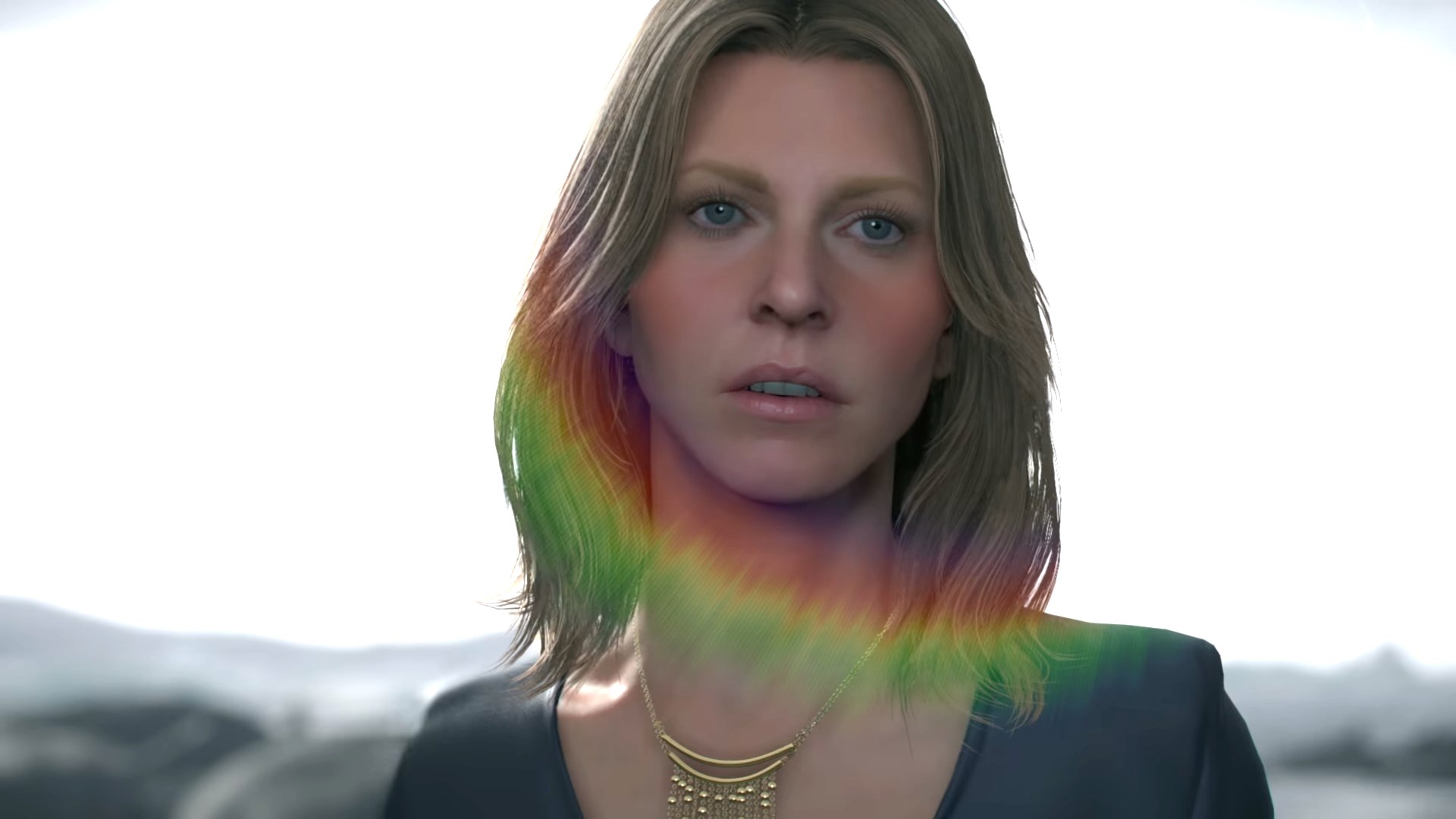
These advantages of cross-pollination extend not just to Sony's acquired studios, but to those who work with SIE Worldwide as external development partners, evidenced most recently by PlayStation's close-knit collaboration with Hideo Kojima Productions.
Kojima's nascent company remains independent, but is often mistaken for a wholly PlayStation-owned studio, and it's not hard to see why. For one thing, the famed auteur began his next project by taking a worldwide (and very public) tour across PlayStation's family of first-party developers, before modeling Kojima Productions' corporate structure on that of Media Molecule's; small, intimate, and diverse.
Not only was Death Stranding built using Guerrilla Games' Decima Engine – a proprietary piece of technology initially used to engineer Horizon Zero Dawn – but over 70 team members from the Dutch studio lent their time and talent to get Kojima's latest out the door. Indeed, Guerrilla named its previously untitled Decima Engine in honor of this collaboration, inspired in part by the Dejima Island; a historic Dutch trading post operating out of Japan during the 17th century. If that metaphor doesn't paint a clear enough picture about how PlayStation's studios value their working relationships with each other, I don't know what will.
Where the grass is greener
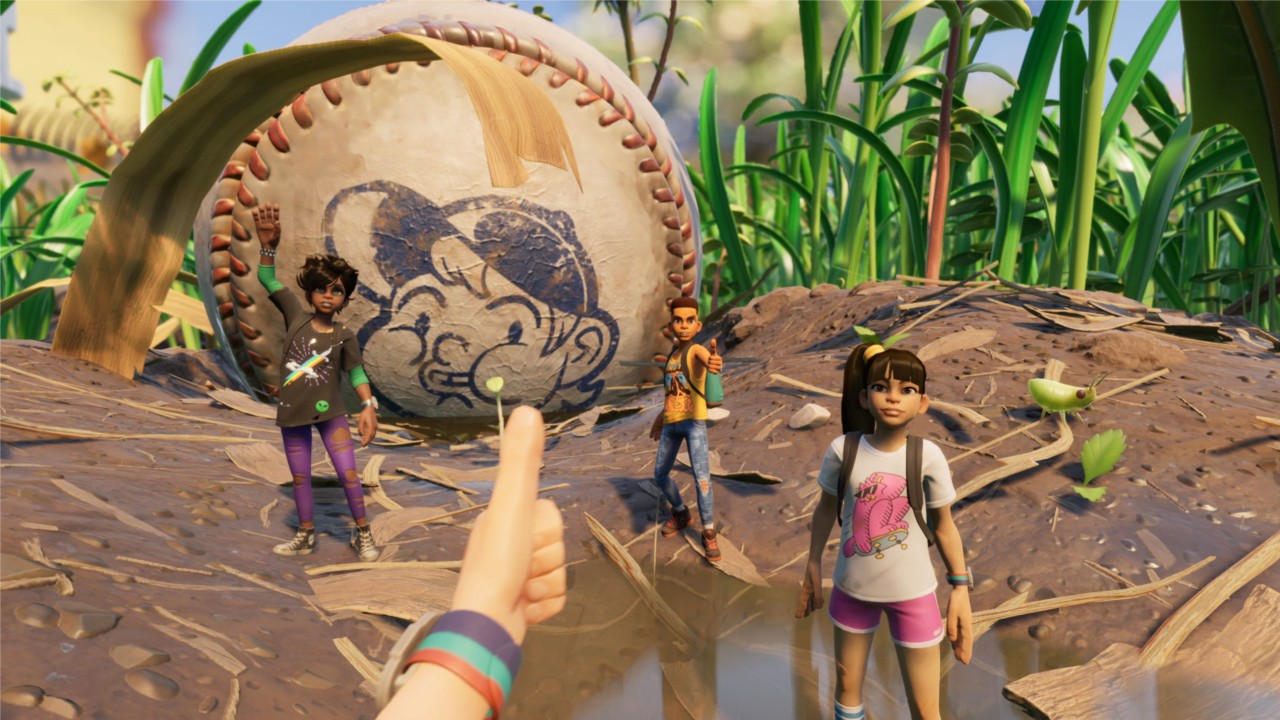
This isn't, of course, to say that Microsoft doesn't encourage the same kind of amity between its own in-house development teams, but the fact is that the company holds a pretty poor track record when it comes to managing those studios with the same level of care as its competition.
Many developers, from Bungie to Lionhead, have either "consciously uncoupled" from Xbox or shuttered entirely, meaning that – until its recent spending spree under current head Phil Spencer – Microsoft's portfolio of first-party studios and partners remained disappointingly meagre. It's hard to foster a collaborative atmosphere among your children when a) there are so few of them and b) their relationships with the parents themselves aren't exactly convivial.
That said, the Xbox Games Studios umbrella, now 15 members strong, starts the next-gen race in a strong position, finally allowing Microsoft the opportunity to engender the kind of "all for one, and one for all" mentality that PlayStation has long been exemplifying, and hopefully delivering on a similar pedigree of exclusive titles in the process. Who knows? In the spirit of that collaboration, perhaps Sony itself could offer a few tips to help them out.
GamesRadar+ is tracking the 20 biggest games that will define 2020. For more, click through to our Big in 2020 coverage hub.
I'm GamesRadar's Features Writer, which makes me responsible for gracing the internet with as many of my words as possible, including reviews, previews, interviews, and more. Lucky internet!



